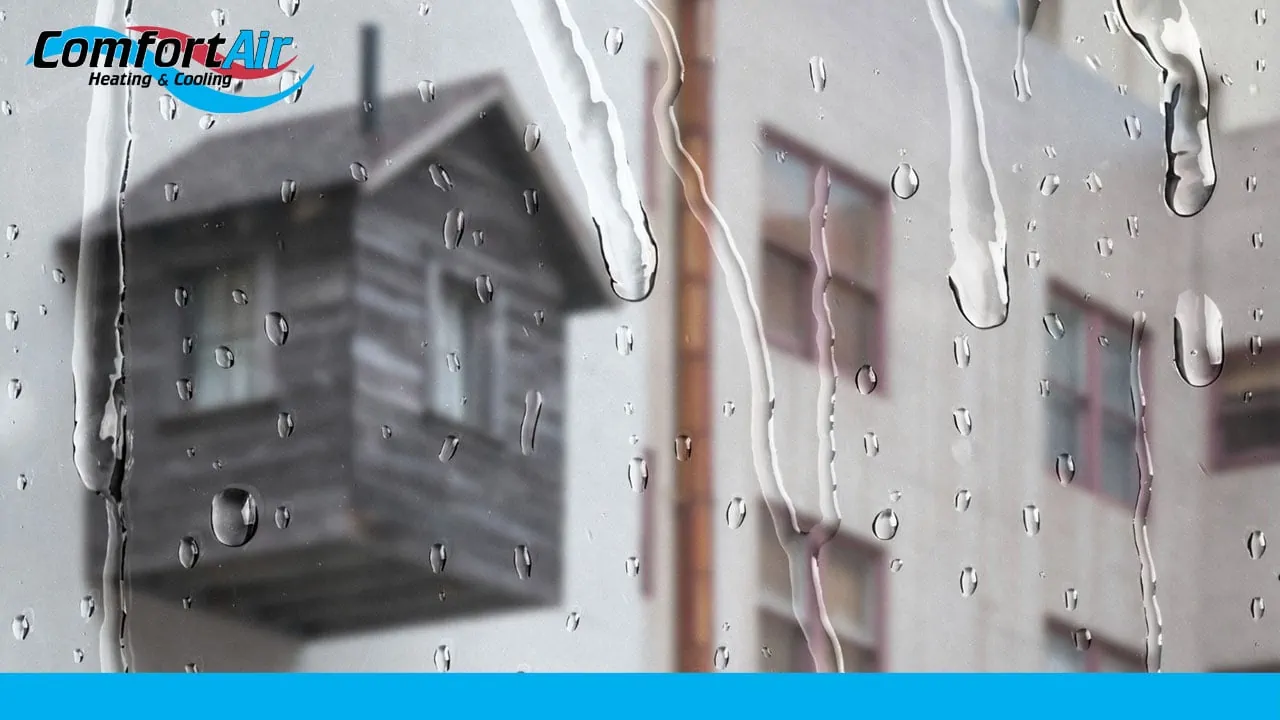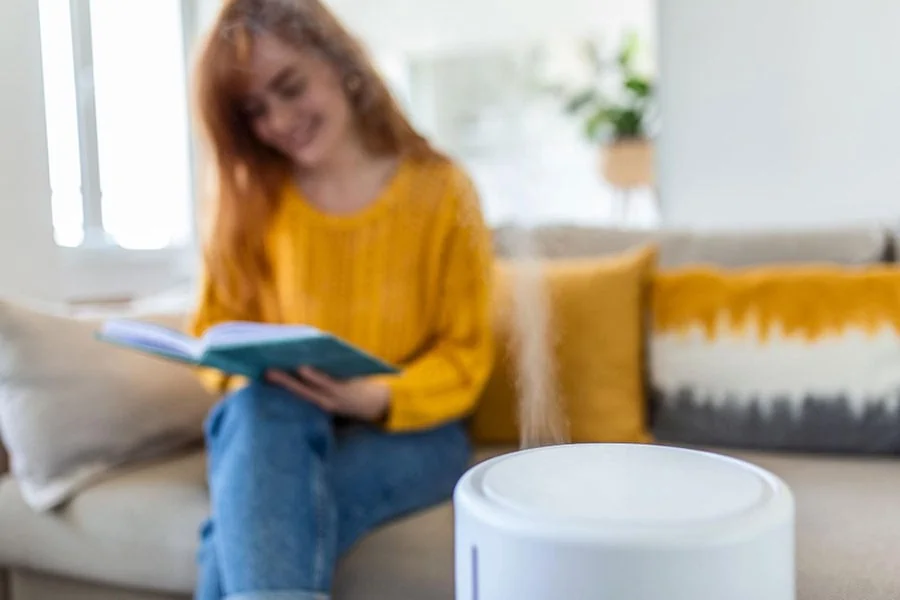
The optimal level for indoor air should be around 45-50%. Anything outside of this range can cause health problems and issues with mold growth and wood rot, so homeowners must always stay on top of their humidity levels!
If you live in Florida, there are some things you should know about your indoor humidity levels when looking at the best HVAC system for your home.
Although Florida isn't exactly known for its dry air, choosing air conditioning units that ensure ideal indoor humidity levels is essential, so you don't face any problems caused by low humidity. Here are some of the issues you may encounter from low humidity in Florida:
Your air conditioning unit should provide cold air to your home without excessive moisture while allowing some humid air to prevent these problems. If you find that you have this problem, research HVAC units that work for you or look into warm mist humidifiers!
Did you know that Florida is considered the most humid state in the US? It's true! Because of this, Florida residents must prepare for how to deal with excess humidity and excess moisture.
As you may have guessed, high humidity levels can cause various problems in your home. These include:
When choosing indoor air quality products, be sure to understand your ideal indoor humidity level to make your home environment ideal for you. After all, improper humidity levels can make or break your experience in your home.
Managing humidity in Florida in the summer can be tricky. If you have a humidifier, use it to add moisture to your home's air if your humidity level is too low. If you have too much humidity, you may need to lower your home's temperature or use a dehumidifier to decrease humidity.
Managing both temperature and humidity can be confusing—that's why many people use an integrated system that simultaneously controls both. You can buy an indoor thermostat with built-in humidity control capabilities or simply purchase an additional sensor that will do the same thing.
There are other products you can look into when choosing the best way to manage your home humidity, including cool mist humidifiers, a whole house dehumidifier system, a whole house humidifier, and more.
These products offer better humidity control, and some heating and cooling systems provide even more benefits.

In the winter, you may notice that your skin dries out and becomes itchy. This is because the air is too dry for your body to maintain a healthy moisture balance. You can manage this problem by taking some simple steps:
Air conditioners change the temperature of the air in your home, which in turn can increase or decrease the humidity.
Your air conditioning temperature will vary depending on the outdoor temperature in Florida.
Adjust the thermostat: If you want to be able to control the humidity in your home, adjusting your thermostat is a great first step. Humidity is directly related to both temperature and relative humidity (RH), so when you change the temperature, you are also affecting RH.
Consider setting it at a lower temperature: A lower setting will help reduce RH levels while keeping comfort levels high.
You can use a humidistat to control the humidity in your home automatically. A humidistat is a sensor that measures the relative humidity of the air in your home and sends signals to a thermostat based on its readings. The thermostat then controls heating and cooling units as needed to maintain desired humidity levels.
Humidifiers are used to add humidity to your home. This can help relieve dry sinuses and skin and prevent any cracked or peeling paint or wallpaper in your home. A humidifier is filled with water and emits steam into the air.
Adding humidity could be beneficial if you live in an area that is especially dry during certain seasons of the year. Humidifiers can also help if you have a pet that suffers from dry skin or allergies because they will feel more comfortable at lower temperatures when there is more moisture in the air around them.
Dehumidifiers remove excess moisture from your home by drawing it into its system and then releasing it back outside through condensation (when warm air hits cool metal). Dehumidifiers are usually more common for people who live in areas where it's hot and muggy all summer long; however, they're not always necessary if you don't have severe problems with high levels of humidity indoors.
If you are experiencing humidity issues in your home, call Comfort Air today to fix it! We have been in business for over 25 years. We are licensed, bonded, and insured. We are also a proud Rheem Pro Partner. Our technicians are trained to install and service all makes and models of air conditioners.
When it comes to humidity in your home, there are several things you can do to keep it under control. If you need help with your humidifier or dehumidifier, call Comfort Air today! (813) 413-1726. We have the expertise and experience to handle any job, big or small.